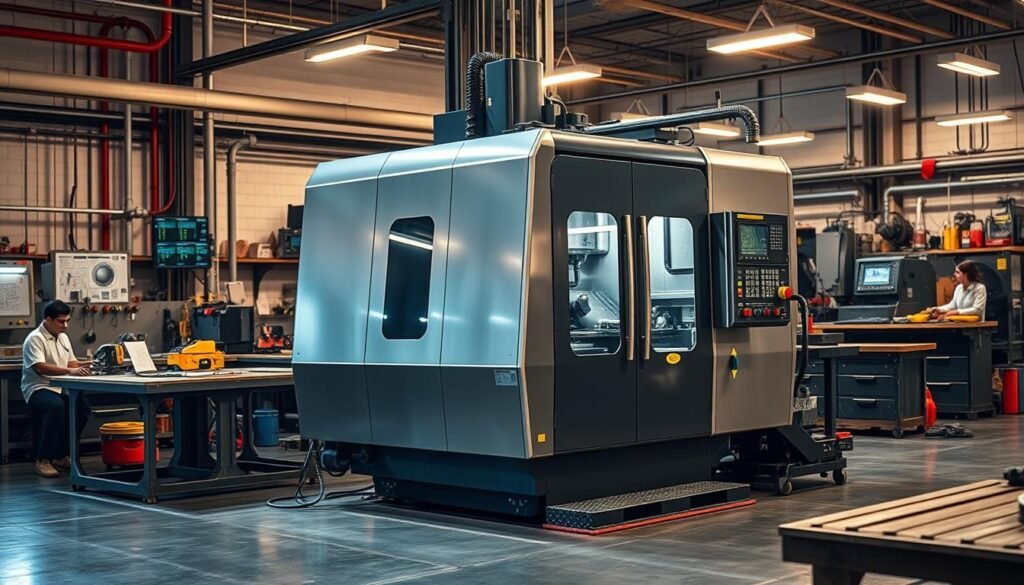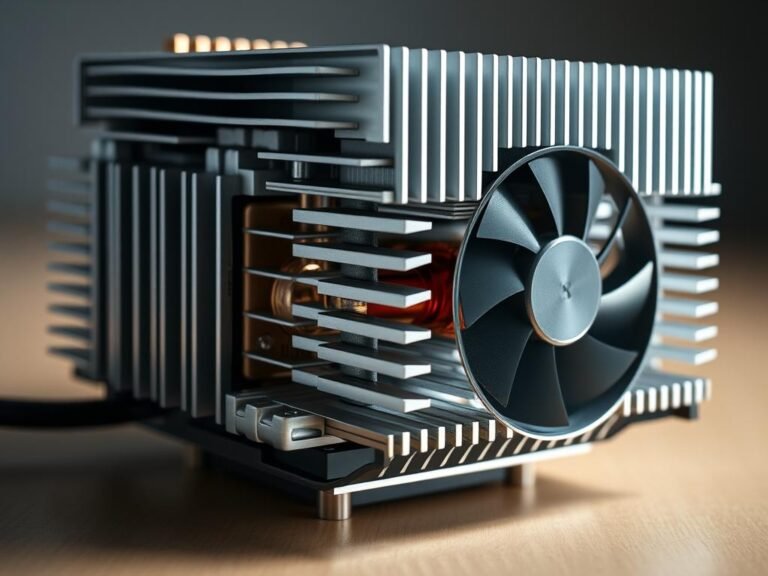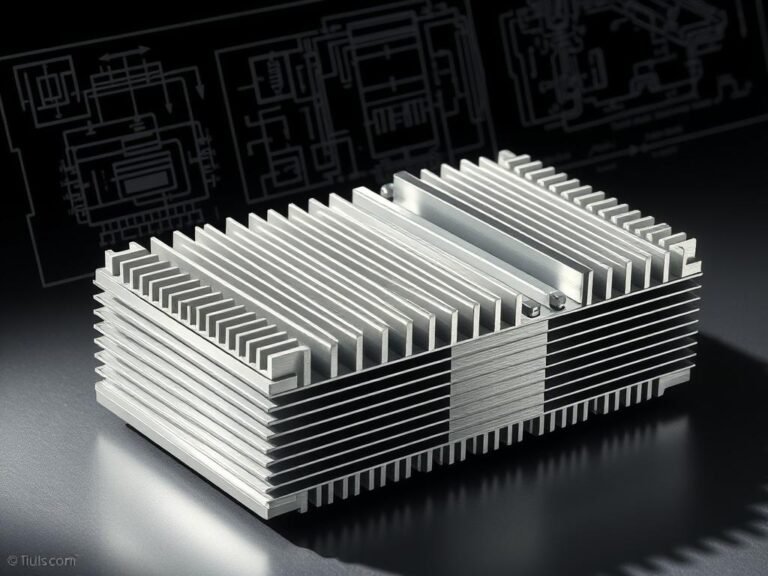CNC machines are critical investments for manufacturing companies. The lifespan of a CNC machine depends on several critical factors that companies must carefully consider. The durability of a CNC milling machine is determined not only by technical aspects but also by strategic maintenance and operating conditions.
A professional analysis of CNC machine lifespan shows that modern machines can remain operational for 10-15 years with optimal care and operation. Different industries have varying requirements for the lifespan of CNC machines, highlighting the complexity of this technology investment.
Key findings
- CNC machines can remain operational for 10-15 years
- Regular maintenance extends machine runtime
- Quality of original components is crucial
- Operating environment influences durability
- Technological upgrades can extend usage life
Lifespan of a CNC machine
The average usage duration of a CNC machine varies greatly and depends on various factors. Industry experts estimate that modern CNC machines can remain operational for 10 to 20 years if properly maintained.
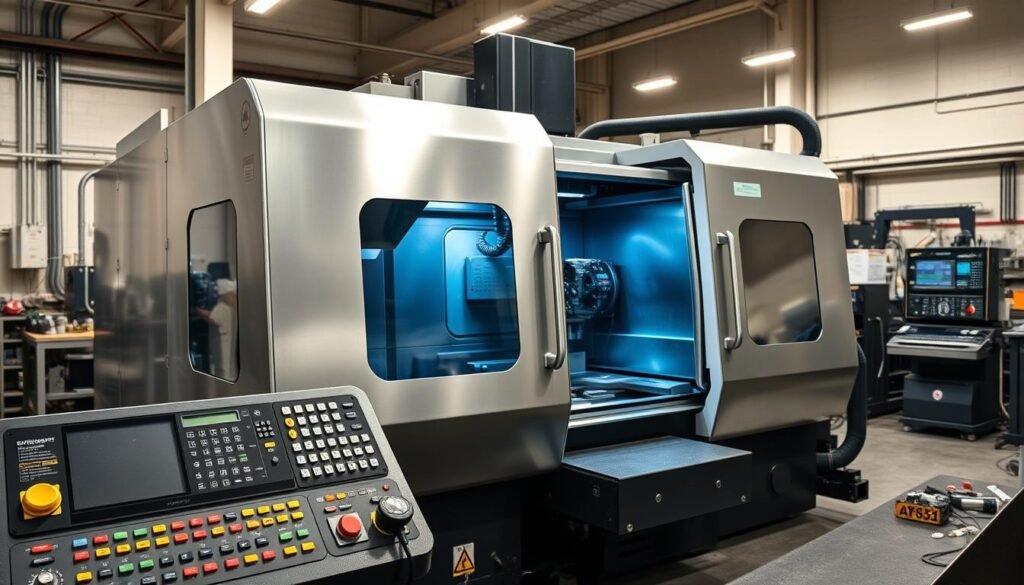
- Purchase and setup
- Productive usage phase
- Technical maintenance
- Possible modernization
- Decommissioning
The longevity of the CNC machine is influenced by specific criteria:
- Mechanical engineering quality: High-quality components increase lifespan
- Regular maintenance: Critical for long-term functionality
- Operating conditionsAmbient temperature and pollution levels play a significant role
Professional companies in the United States invest specifically in maintenance and upgrades to optimize the service life of their CNC machines and ensure economic efficiency.
Factors influencing lifespan
The durability of CNC machines depends on various critical factors. Understand the factors affecting lifespan to maximize the longevity of your CNC device.
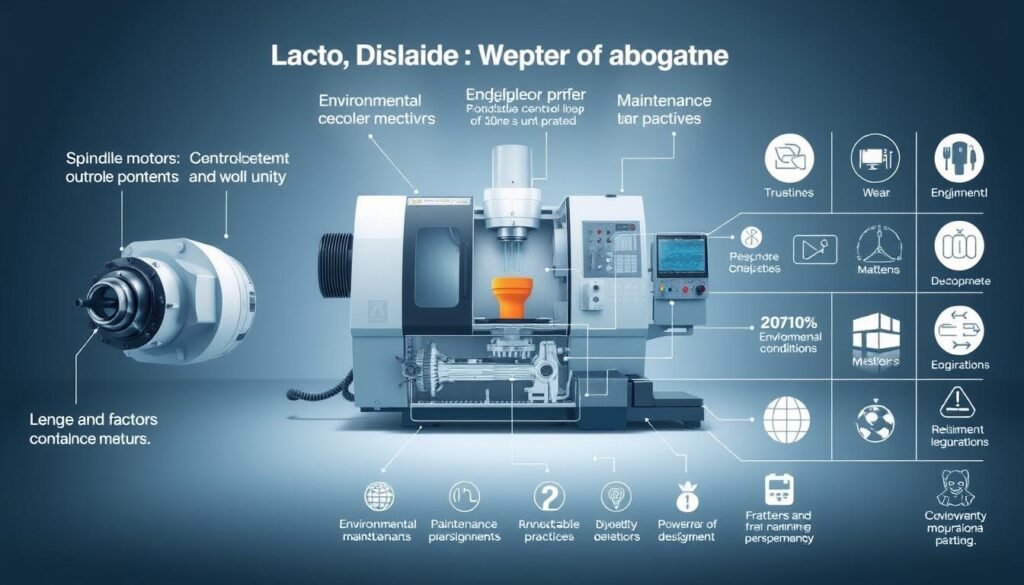
The success and longevity of a CNC device are determined by several key elements. Below, we examine the most important aspects that significantly influence the durability of CNC devices.
Build quality: The foundation of reliability
The basis of any robust CNC machine is its constructive quality. High-quality components and precise manufacturing techniques guarantee:
- More stable mechanical structures
- Lower wear susceptibility
- Higher precision in processing operations
Usage intensity and patterns
The type and frequency of machine use play a crucial role in CNC machine durability:
- Regular utilization reduces downtime
- Excessive load accelerates wear
- Adjusted usage intensity extends lifespan
Maintenance: The key to longevity
Professional and regular maintenance is critical for lifespan-influencing factors. A well-thought-out maintenance strategy includes:
- Regular cleaning
- Lubrication of moving parts
- Inspection of critical components
Operating environment: External influences
Environmental conditions significantly affect the longevity of the CNC machine. Pay attention to:
- Temperature stability
- Humidity
- Dust-free environment
- Vibration-free setup
"A well-maintained CNC machine can operate reliably for decades – provided that the key influencing factors are observed."
Maintenance strategies
The CNC machine maintenance is crucial for the longevity and performance of industrial precision equipment. Systematic care of CNC milling machines can significantly extend operational life and minimize downtime.
An effective maintenance plan for CNC machines includes several important components:
- Daily cleaning and inspection
- Regular lubrication of moving parts
- Check the axle alignment
- Wear part inspection
Preventive maintenance offers numerous benefits:
- Reduction of unexpected machine downtime
- Optimization of machine precision
- Extension of component lifespan
- Cost savings through early damage detection
Professional maintenance services can help perform complex technical inspections and define specific maintenance intervals.
The best investment in a CNC machine is a continuous and proactive maintenance strategy.
Machine operators play a key role in daily CNC machine maintenance. Training and clear maintenance guidelines are essential for effective machine care.
Signs of wear
The detection of wear symptoms is crucial for the lifespan of a CNC machine. CNC machine wear can manifest in various ways that machine owners should carefully monitor.
Typical signs of a performance decline in a CNC milling machine include:
- Increased vibrations during operation
- Decreasing precision in machining
- Unusual noises during machine operation
- Visible signs of wear on tools and components
The wear detection of CNC machines requires regular and careful inspections. Professional maintenance teams can identify subtle signs of wear before they escalate into larger problems.
Important inspection areas for potential wear include:
- Bearing condition and lubrication
- Condition of guide rails
- Electrical system components
- Tool holders and spindles
Early detection of wear symptoms can significantly extend the lifespan of your CNC machine and prevent costly repairs.
Technological advancements and upgrades
The modernization of CNC machines offers companies a strategic opportunity to optimize their existing equipment. Technological upgrades can significantly improve the performance and precision of older machines without the need for complete new purchases.
Typical CNC device upgrades include control system updates, spindle component renewal, and integration of modern sensors. Software upgrades from manufacturers like Siemens or Fanuc enable improved control functions and increase machine efficiency.
The decision between technological renewal of CNC milling machines and new purchases depends on several factors. Cost-effectiveness, current machine performance, and future requirements play a crucial role in evaluating the best investment strategy.
Accurate analysis and professional advice help companies develop the optimal upgrade strategy. Targeted investments in technological modernization can secure the long-term competitiveness of manufacturing companies.
